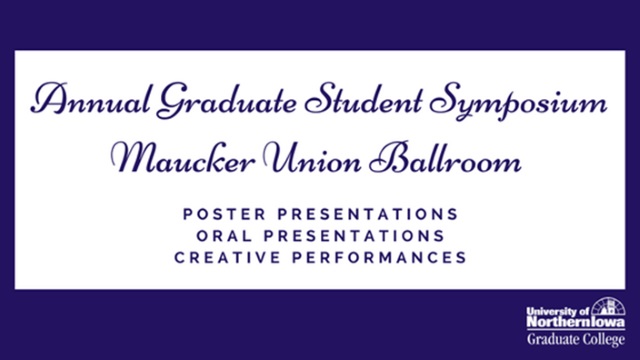
Complete Schedule
Influence of Study Abroad on Students’ Cultural Attitudes
Presentation Type
Oral Presentation (Electronic Copy Not Available)
Keywords
Foreign study--Psychological aspects; College students--Attitudes;
Abstract
Intercultural contact is an integral part of 21st century life. One way of introducing intercultural contact is by encouraging students to study abroad. While study abroad is associated with linguistic (Carlson et al., 1990), personal (Ryan & Twibell, 2000), and professional gains (Dwyer, 2004), the current study, based on the premises of the contact hypothesis (Allport, 1954), investigated whether studying abroad and living with host families while studying abroad, influenced intercultural attitudes as measured by the Global Perspective Inventory (GPI; Braskamp, 2008). Archival data from 1007 students (769: Pre-test & 238: Post-test) who studied abroad from 2009-2014 indicated that studying abroad was associated with greater openness to individuals from diverse cultures, F(1, 973) = 30.323, p < .001, η2 = .030, and more diversity in interpersonal relationships F(1, 973) = 30.555, p < .001, η2 = .030 after students returned. Students who lived with host families reported having more diversity (M=3.86) in interpersonal relationships after they returned than students who did not live with host families (M= 3.65), F(1, 219) = 8.760, p = .003, η2 = .03. Studying abroad and living with host families may help improve intergroup relations. Universities and colleges should continue to encourage and enable students to study abroad. The study also provided support for the contact hypothesis and extended the application of contact hypothesis to study abroad and naturalistic settings.
Start Date
4-4-2017 1:00 PM
End Date
4-4-2017 4:30 PM
Faculty Advisor
Helen Harton
Department
Department of Psychology
Copyright
©2017 Salomi Aladia
Embargo Date
4-4-2017
Influence of Study Abroad on Students’ Cultural Attitudes
Intercultural contact is an integral part of 21st century life. One way of introducing intercultural contact is by encouraging students to study abroad. While study abroad is associated with linguistic (Carlson et al., 1990), personal (Ryan & Twibell, 2000), and professional gains (Dwyer, 2004), the current study, based on the premises of the contact hypothesis (Allport, 1954), investigated whether studying abroad and living with host families while studying abroad, influenced intercultural attitudes as measured by the Global Perspective Inventory (GPI; Braskamp, 2008). Archival data from 1007 students (769: Pre-test & 238: Post-test) who studied abroad from 2009-2014 indicated that studying abroad was associated with greater openness to individuals from diverse cultures, F(1, 973) = 30.323, p < .001, η2 = .030, and more diversity in interpersonal relationships F(1, 973) = 30.555, p < .001, η2 = .030 after students returned. Students who lived with host families reported having more diversity (M=3.86) in interpersonal relationships after they returned than students who did not live with host families (M= 3.65), F(1, 219) = 8.760, p = .003, η2 = .03. Studying abroad and living with host families may help improve intergroup relations. Universities and colleges should continue to encourage and enable students to study abroad. The study also provided support for the contact hypothesis and extended the application of contact hypothesis to study abroad and naturalistic settings.



Comments
Location: Maucker Union Oak Room